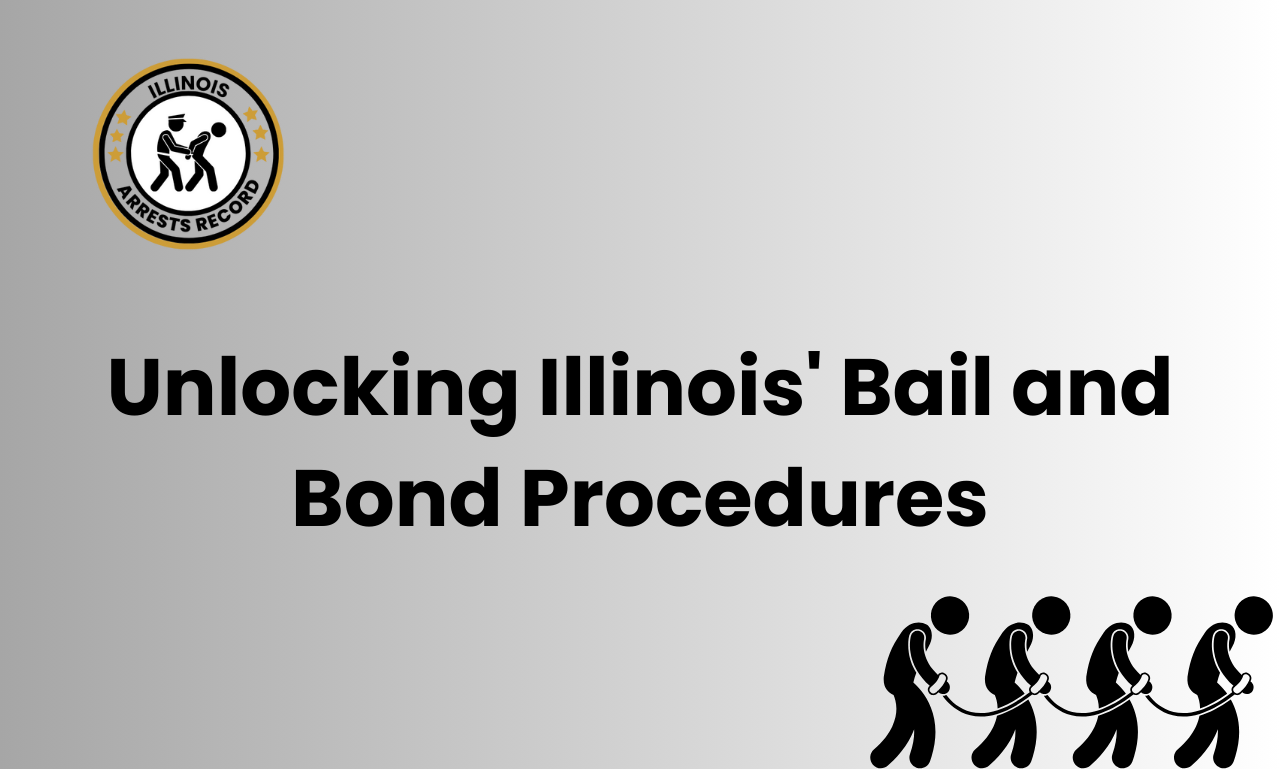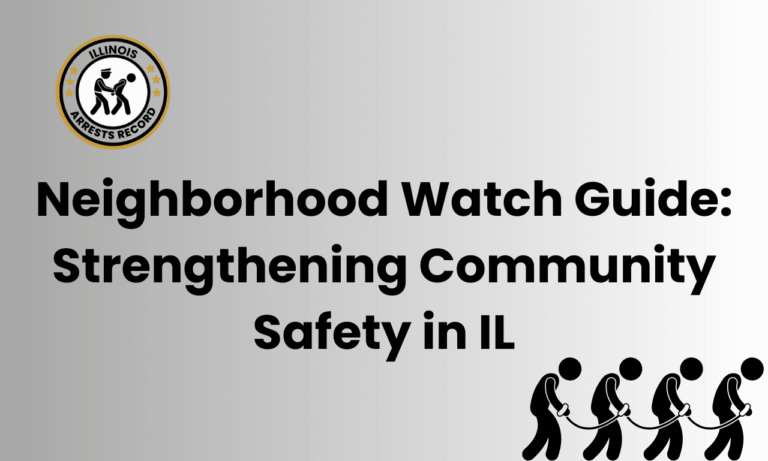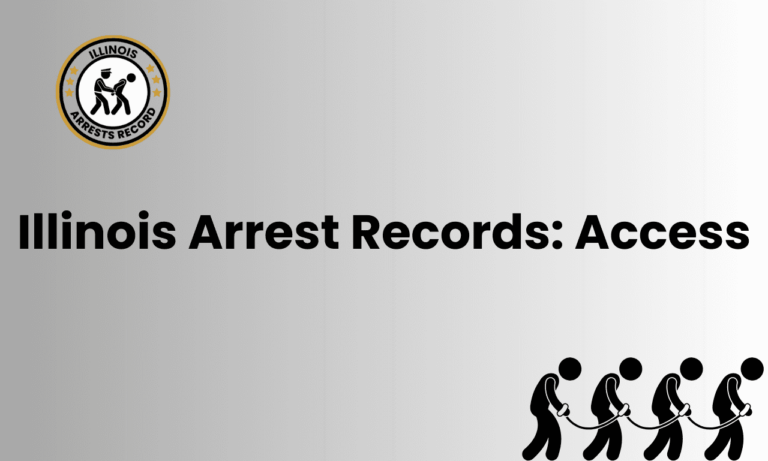Unlocking Illinois’ Bail and Bond Procedures
Understanding the intricacies of Illinois’ bail and bond procedures is crucial for anyone navigating the legal system in the state. Whether you are a defendant, a family member, or simply curious about the process, this guide aims to provide clear and concise information to help you make informed decisions.
From the moment of arrest to the final resolution of a case, Illinois’ bail and bond procedures play a pivotal role in ensuring fairness and justice. This comprehensive guide will walk you through the different types of bail and bond, the criteria for determining eligibility, and the steps involved in securing release.
Moreover, we will delve into the various factors that judges consider when setting bail amounts, the options available for those who cannot afford bail, and the potential consequences for failing to comply with bail conditions.
By familiarizing yourself with Illinois’ bail and bond procedures, you can navigate the legal system with confidence and better understand your rights and responsibilities. Whether you are a defendant, legal professional, or concerned citizen, this guide is a valuable resource for unlocking the complexities of Illinois’ bail and bond procedures.
Types of Bail and Bond in Illinois
Understanding the different types of bail and bond is essential when navigating the legal system in Illinois. This section will provide an overview of the various options available and their specific criteria.
Cash Bail
Cash bail requires the defendant or their family to pay the full amount set by the court to secure release. This type of bail ensures that the defendant appears for their court dates and is refunded upon case resolution, minus any fees or fines.
Property Bond
A property bond allows the defendant or their family to use real estate as collateral for their release. The value of the property must exceed the bail amount, and the court places a lien on it until the case is resolved.
Release on Recognizance
In certain cases, the court may grant release on recognizance (ROR) without requiring any financial payment. ROR is typically reserved for low-risk individuals who are considered unlikely to flee or pose a threat to public safety.
Determining Eligibility for Bail
When deciding whether to grant bail and what amount to set, judges consider various factors. These factors aim to ensure fairness and protect the community while respecting the defendant’s rights.
Flight Risk
Judges assess the likelihood of a defendant fleeing the jurisdiction. Factors such as ties to the community, employment stability, and criminal history play a role in determining flight risk.
Public Safety
The safety of the community is a crucial consideration. Judges evaluate the seriousness of the charges, any history of violence, and the potential danger the defendant may pose if released.
Financial Means
Defendants’ financial resources are taken into account when setting bail amounts. Judges consider their ability to pay, ensuring that bail is not excessively burdensome and doesn’t unfairly penalize individuals with limited financial means.
FAQ’s
What is the difference between bail and bond in Illinois?
In Illinois, bail refers to the amount of money that must be paid to secure a defendant’s release from custody. Bond, on the other hand, is a financial guarantee or promise to pay the bail amount if the defendant fails to appear in court as scheduled.
How is bail determined in Illinois?
When setting bail in Illinois, judges consider various factors, including the seriousness of the offense, the defendant’s criminal history, ties to the community, flight risk, and potential danger to the community. The goal is to ensure the defendant’s appearance in court while also protecting public safety.
Are there different types of bail in Illinois?
Yes, there are different types of bail in Illinois. Cash bail requires the full bail amount to be paid in cash. Recognizance bail allows the defendant to be released without posting bail but requires a promise to appear in court. Surety bail involves a bail bond agent or bail bondsman posting the bail amount on behalf of the defendant.
If someone cannot afford bail in Illinois, they have several options. They can seek the assistance of a bail bond agent who can post bail on their behalf for a fee. They can also request a bail hearing to present evidence of their inability to pay, potentially leading to a reduction in bail amount. Additionally, there are pretrial release programs available for low-income individuals.
Failing to comply with bail conditions in Illinois can result in various consequences. The defendant may face additional criminal charges, have their bail revoked, or be required to forfeit the bail amount. Non-compliance can also negatively impact the defendant’s case and potentially lead to a warrant for their arrest.







